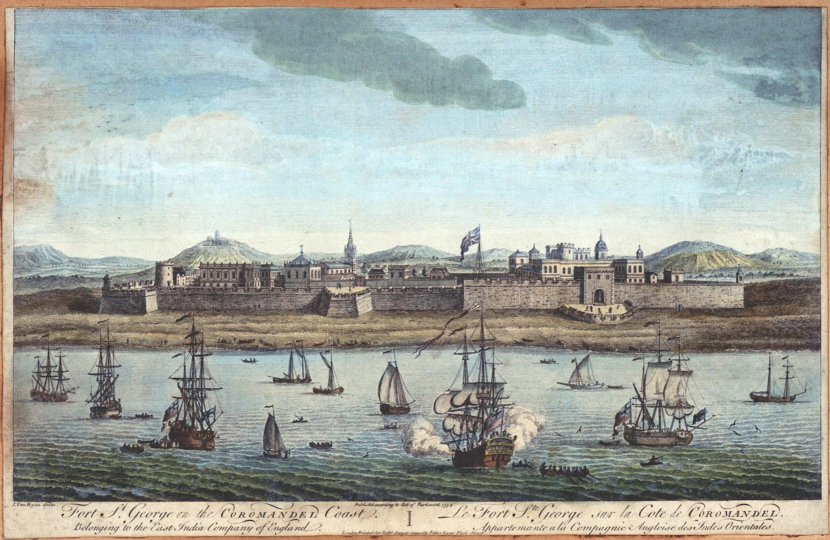
A full and accurate understanding of the British Empire is impeded by the unremitting hostility of many writers and commentators. As Alistair Lexden stressed in this review—published in Parliament’s magazine The House on 29 January—readers need a balanced view of the Empire’s benefits and defects.
One Fine Day, 29 September 1923: Britain’s Empire on the Brink
By Matthew Parker
Published by Abacus Books
Critics of the British Empire tend to have things too much their own way. They are only interested in the harm it did. The current obsession with slavery and the slave trade assists their campaign of denigration.
Few now pay much attention to the fact that in the 19th century Britain atoned for its earlier wrong-doing by putting down these evils wherever its navy had the power to suppress them. They survived chiefly in Arab regions where at that time Britain had no control.
Matthew Parker, a well-established historian and author , belongs firmly in the ranks of the Empire’s critics. What distinguishes him from many other carping writers on the subject is his extraordinarily wide knowledge, based on extensive research. But like the others he is reluctant to accept that self-interest and altruism both played key parts in the Empire’s story.
Parker largely ignores the benefits which the Empire conferred. There are few references here to the establishment of law courts, to the work of dedicated teachers and doctors in remote areas, or to the love that British scholars lavished on ancient languages and cultures, often little prized in their own regions. Anthony Eden, for example, was fluent in Persian.
It was an Empire of service as well as one of profit-making for a lucky few. Many in search of affluence were disappointed. Parker deals movingly with the broken dreams of British emigrants to Australia after the First World War who expected to create profitable farms for themselves, but found only back-breaking hardship which drove some of them home to Britain.
Parker uses his wide knowledge to take his readers on a detailed tour around Britain’s enormous Empire as it existed a century ago. It had just expanded for the last time to reach its fullest extent. In 1923 troubled Palestine was added to it, taking its population to some 460 million and its territory to nearly 14 million square miles, a quarter of the world.
Parker, the critic of Empire, proves a sombre guide. Nowhere, it seems, were things going well. Throughout its vast territories, the greatest Empire the world had ever seen was, according to this guidebook of 570 pages, on the brink of irreversible decline.
No one on the Parker tour would realise that Britain was facing an unprecedented dilemma. Alone among the imperial powers, it sought to rule with a measure of consent. By the early 1920s some of its colonies, and its Indian Empire, were demanding a say in the running of their affairs. They were offered only minor concessions.
In India serious unrest ensued. The authorities resorted rather incompetently to repression. A chapter of this book is devoted to the infamous Amritsar massacre of 1919. But Britain with its parliamentary system could never make systematic repression a feature of its Empire. Only despotic powers can do that.
Slowly, constitutional change unfolded, bringing self-government. The greatest of all Empires evolved into a Commonwealth of Nations. The term was beginning to be used a century ago.
Today, the Commonwealth is a great force for good, which post-Brexit Britain should help to develop further. This happy ending to Britain’s story of Empire is rarely explored by its many critics.

